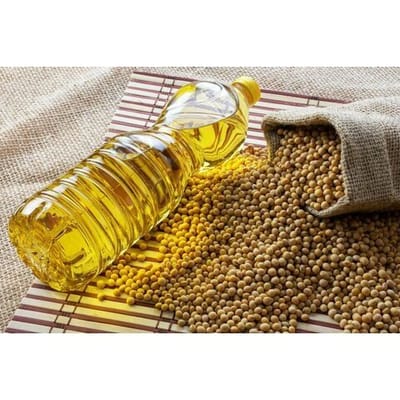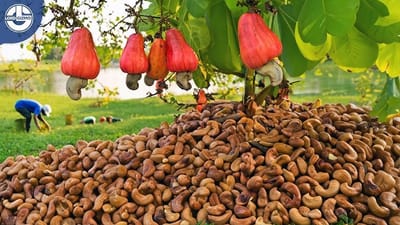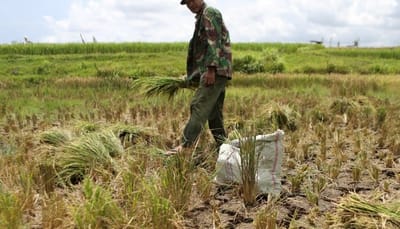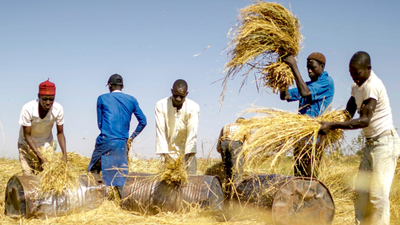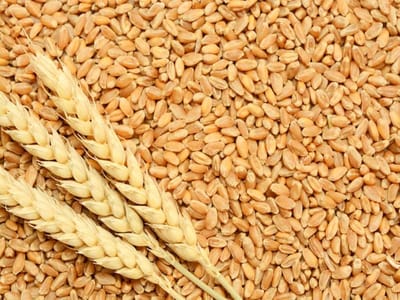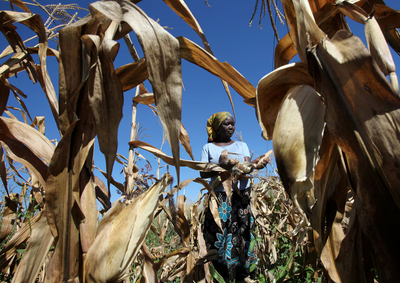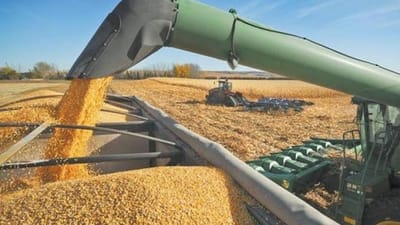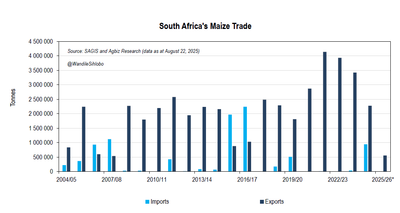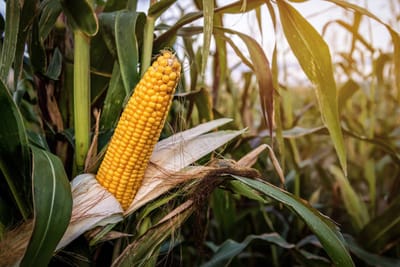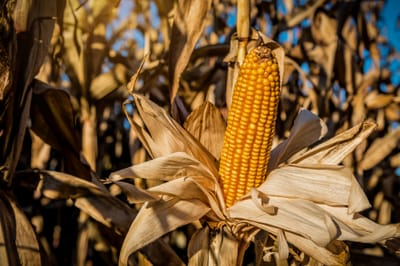MAIZE
The centerpiece of this collaboration is Niger State’s bold vision to increase annual paddy production from the current 1.5 million tons to an unprecedented 10 million tons by 2030. This six-fold increase represents one of Africa’s most ambitious agricultural transformation targets and positions Niger State as a critical player in Nigeria’s journey toward rice self-sufficiency.“Through this strategic partnership with AfricaRice, Niger State is committed to transforming our entire rice value chain to dramatically increase yields and production statewide. With rice being a staple food for millions of Nigerians, this partnership presents a golden opportunity to scale up proven innovations and finally achieve the rice self-sufficiency our nation deserves.” stated H.E. Hon.
Read MoreNigeria plans to double its soybean cultivation area by 2027 to improve food security, reduce imports, create jobs and boost the country’s export potential. The plan, implemented under the recently adopted National Soybean Policy and Strategy, aims to expand the current soybean area from less than one million hectares to two million hectares. The expansion is expected to produce an additional 460,000 tonnes of soybeans annually, significantly reducing the country’s production deficit, Chem Analyst News reports.
Read MoreThe Africa cashew market is experiencing robust growth driven by increasing global demand, particularly from Asia and Europe. West African countries such as Ivory Coast, Ghana, and Nigeria dominate production, collectively contributing over 60% of global cashew nut exports. Favorable climatic conditions and expanding farmland area have supported higher yields. However, the market faces challenges like fluctuating international prices, limited processing capacity within Africa, and infrastructural constraints. Governments and private sectors are investing in improved farming techniques and processing facilities to capture more value locally.
Read MoreAs climate change intensifies, rice farmers in Nigeria and Kashmir risk losing their rice fields completely."I have invested more than INR 30,000 (€296) from the day of tilling till date. Spending [that amount] without any return hurts deeply. It feels like I have invested wrongly," Ganie told FairPlanet. “We are just hoping for rain because if it does not come, we will be left with nothing.”For generations, rice farming has remained a staple diet in India’s Kashmir region. The area’s lush paddy fields have not only supported the livelihoods of farmers but have also shaped rural identity and tradition.
Read MoreThe German Government has inaugurated the Carbon Offsetting Rice Emissions (CORE) project to support 12,000 smallholder farmers in climate-smart rice production across Benue, Nasarawa, and Kano States.
Read MoreThis ambitious target more than doubles the 2,597 tonnes harvested in the previous season, signaling the country’s commitment to reducing its dependency on wheat imports. Since launching a national wheat cultivation recovery plan in 2023, Burkina Faso has emerged as one of the few West African nations prioritizing large-scale wheat production.
Read MoreMillet, Maize, DDGS, Ethanol Int- Zimbabwe has brought back a ban on maize imports to boost local farmers, and has grown enough of its own this year to supply its millers after a bumper harvest, a senior agriculture ministry official said on Monday.
Read MoreBased on the premise that there are sufficient supplies for the local market, the Zimbabwe government has reinstated a ban on maize imports.Quoting a news report by Reuters, agricultural economist Wandile Sihlobo says the government wants to ensure maximum price realisation for the domestic producers before allowing imports
Read Moremmdeinternational.com- keep in mind about South Africa’s maize exports in the 2025-26 marketing year
Millet Maize DDGS Ethanol Int- Some countries in the Southern Africa region have some maize supplies from the recent harvest. South Africa is likely to see its exports slow down for now, particularly to countries in the region. We may continue to see encouraging export volumes to the Far East and other areas of the world.Still, towards the end of the year and into 2026, when domestic supplies are somewhat depleted in the various countries in the region, they will return to the market and import maize.
Read MoreMillet Maize DDGS Ethanol Int- The US Department of Agriculture, however, estimates that regional demand for South African maize exports is expected to decline due to improved harvests in Zimbabwe and Zambia.
Read MoreIn times of abundant harvests, farmers and agribusinesses must be allowed to export and benefit from the global market. In times of droughts or floods, trade must still be allowed. Indeed, there may be short-term economic pain for consumers through higher prices in deficit years when imports are needed, but this induces farmers to plant more in the coming seasons. At times, governments ban imports to protect local farmers when they have ample domestic supplies, which are deemed sufficient to meet consumer requirements. However, that also limits the consumer’s choice and artificially increases the domestic price by restricting more competitively priced imports. Zimbabwe’s maize supply recovers I am highlighting these policy tradeoffs due to recent news from Zimbabwe. A report by Reuters, a news organisation, suggests that the Zimbabwean government has reinstated a ban on maize imports. The government believes that in the interim, there are sufficient supplies for the local market and wants to ensure maximum price realization for the domestic producers before allowing imports.
Read MoreDriven by rising demand for maize oil in Africa, the market is expected to start an upward consumption trend over the next decade. The performance of the market is forecast to increase slightly, with an anticipated CAGR of +1.1% for the period from 2024 to 2035, which is projected to bring the market volume to 336K tons by the end of 2035. In value terms, the market is forecast to increase with an anticipated CAGR of +4.6% for the period from 2024 to 2035, which is projected to bring the market value to $699M (in nominal wholesale prices) by the end of 2035.
Read More
